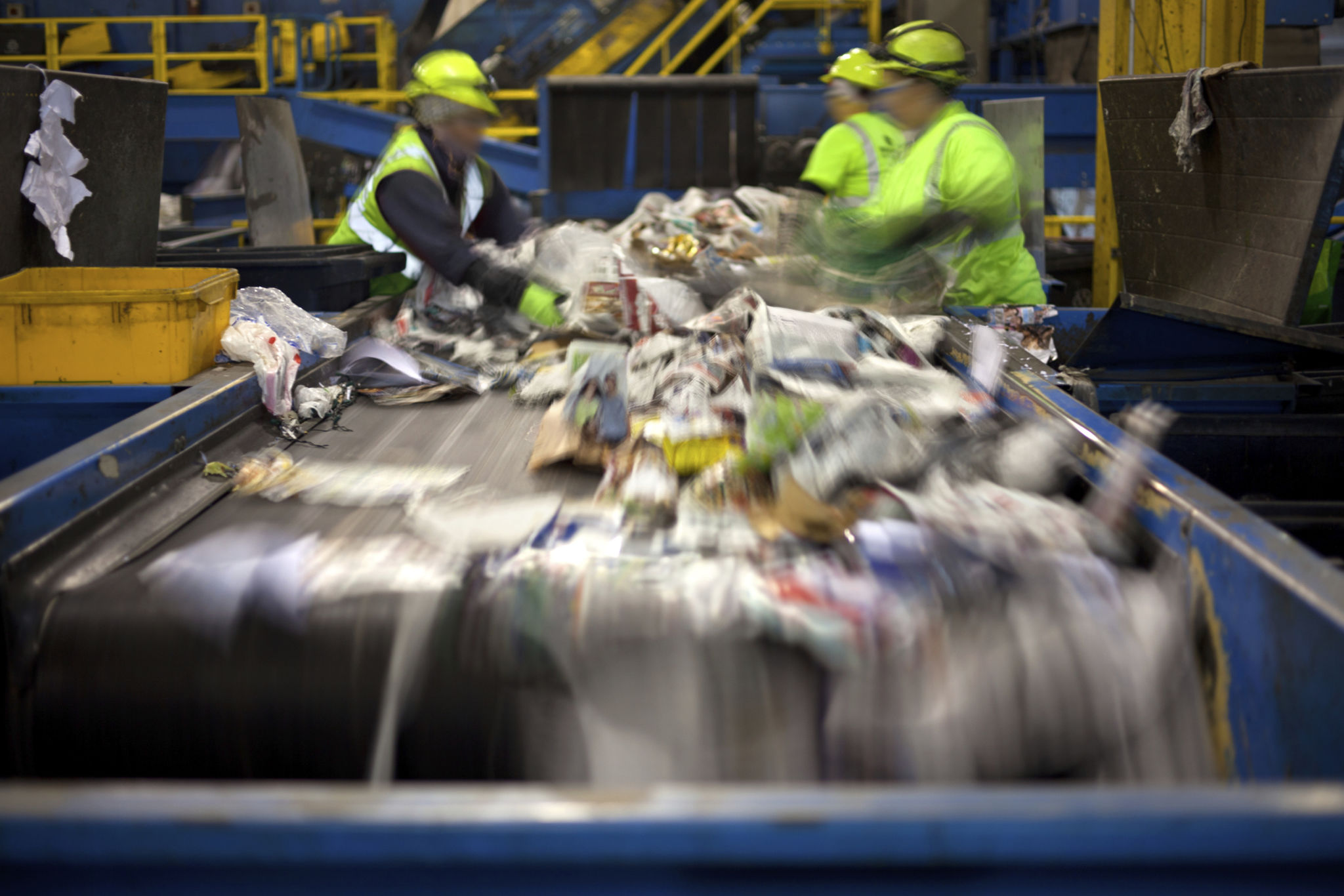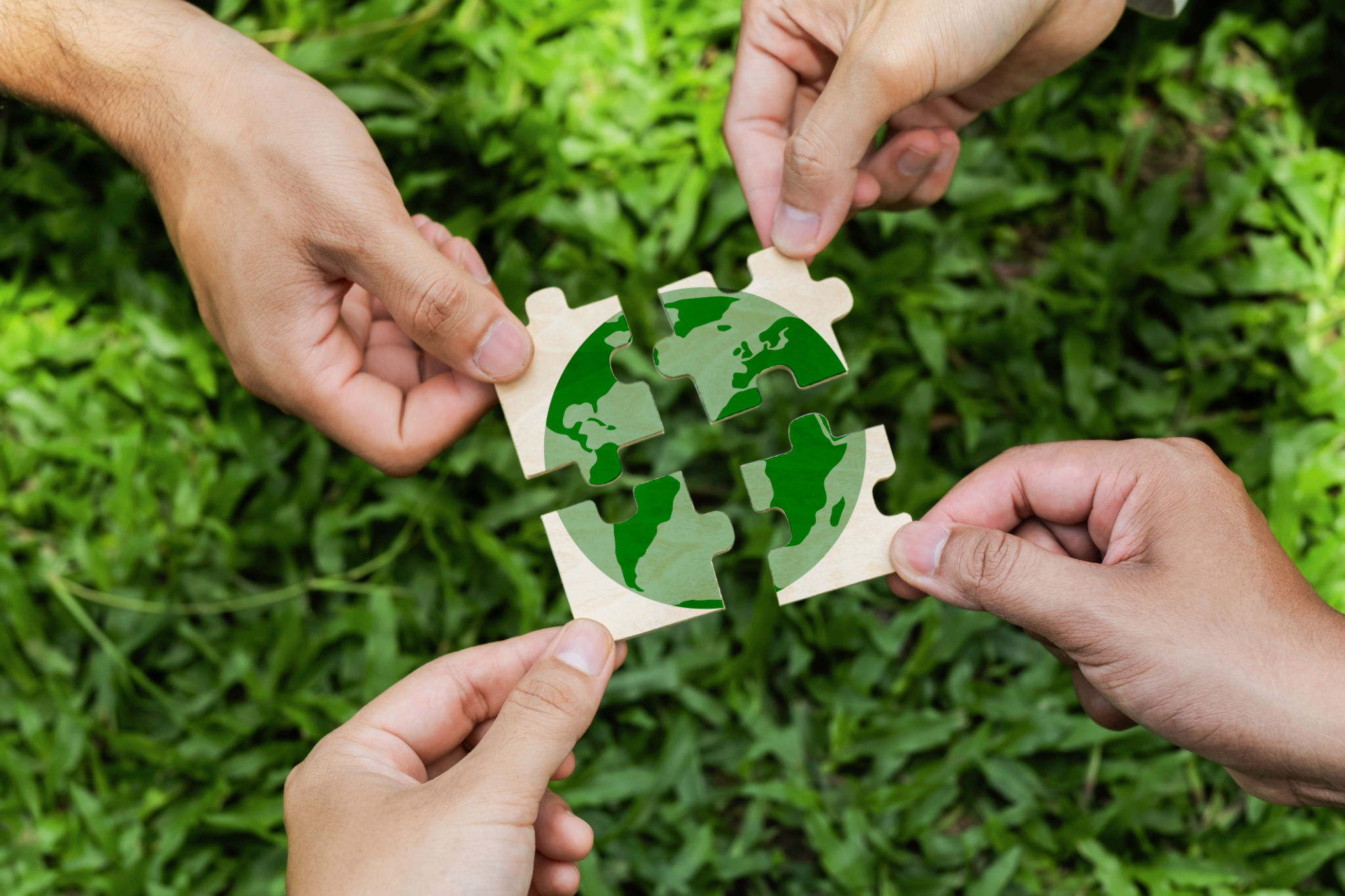London's Landfill Alternatives: A Comparison Guide
Understanding London's Waste Management Challenges
London, with its sprawling urban landscape and dense population, generates an enormous amount of waste daily. Traditional landfill sites are not sustainable long-term solutions due to limited space and environmental concerns. As a result, the city is exploring various landfill alternatives to manage waste more efficiently and sustainably.

Recycling: A Key Component
One of the most effective alternatives to landfills is recycling. By processing materials like paper, plastic, glass, and metals, recycling reduces the need for raw materials and minimizes waste sent to landfills. In London, the focus is on increasing recycling rates through public awareness campaigns and improved infrastructure.
Recycling centers are becoming more accessible, and many boroughs offer curbside collection services to make recycling more convenient for residents. The goal is to increase the city's recycling rate significantly in the coming years.
Composting: Turning Waste into Resource
Composting is another viable landfill alternative. Organic waste, such as food scraps and garden clippings, can be transformed into nutrient-rich compost. This compost can then be used in agriculture and landscaping, closing the loop on organic waste.

London supports various community composting initiatives, enabling residents to contribute to environmental sustainability. These programs encourage individuals and businesses to divert organic waste from landfills.
Waste-to-Energy: Harnessing Power
Waste-to-energy (WTE) technology offers a unique solution by converting waste into electricity and heat. This process not only reduces the volume of waste but also generates renewable energy. In London, WTE plants play a crucial role in the city's waste management strategy.
These facilities use advanced technology to ensure emissions are minimized while maximizing energy output. The energy produced by WTE plants supplies power to thousands of homes and businesses in the area.

Innovative Technologies: The Future of Waste Management
With rapid technological advancements, innovative solutions are emerging in London's waste management sector. From AI-driven sorting systems to biogas production from anaerobic digestion, these technologies improve efficiency and reduce reliance on traditional landfills.
Many of these technologies are still in developmental stages but hold great promise for the future. By investing in research and development, London aims to become a leader in sustainable waste management practices.
Community Involvement: A Collective Effort
Tackling waste management challenges requires collective effort. Community involvement is critical in supporting landfill alternatives and promoting sustainable practices. Educational programs and local initiatives empower citizens to make informed decisions about their waste disposal habits.
Volunteering opportunities, workshops, and informational campaigns help raise awareness about the environmental impact of waste and encourage proactive participation in sustainable initiatives.

The Path Forward
London's commitment to reducing landfill dependency is evident in its strategic approach to waste management. By implementing a combination of recycling, composting, waste-to-energy technologies, and innovative solutions, the city is making significant strides towards a more sustainable future.
Through continued investment and community engagement, London can serve as a model for other cities worldwide seeking effective landfill alternatives.